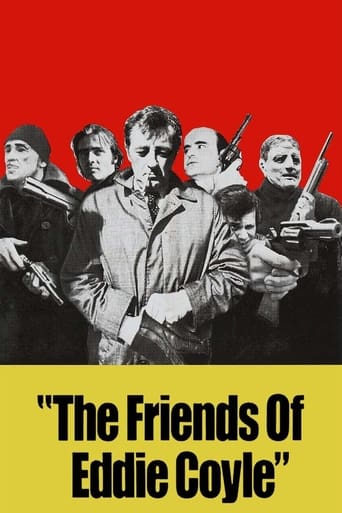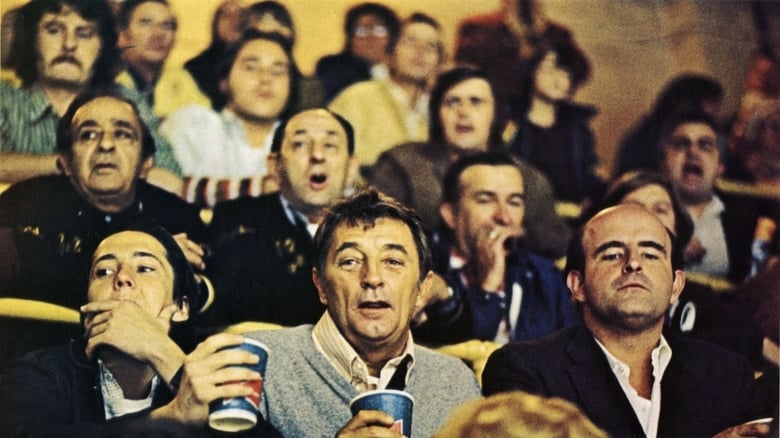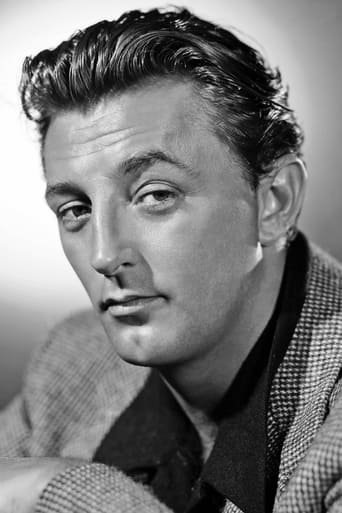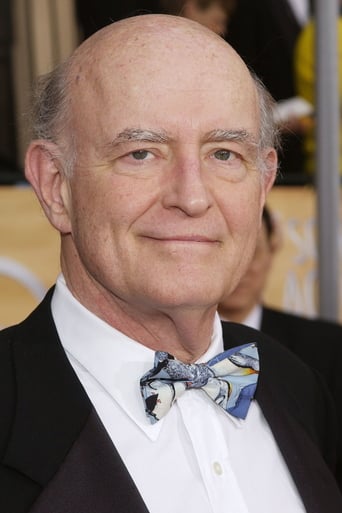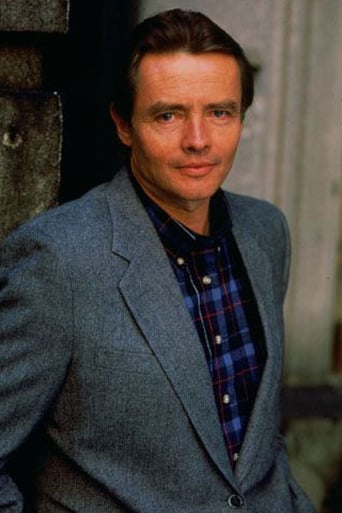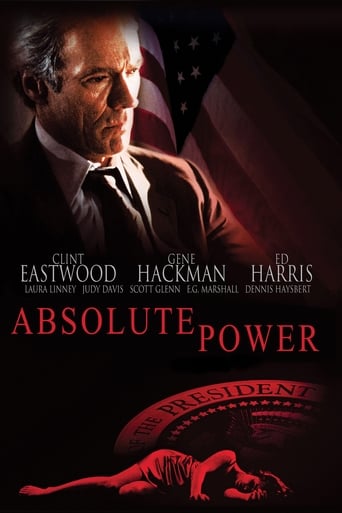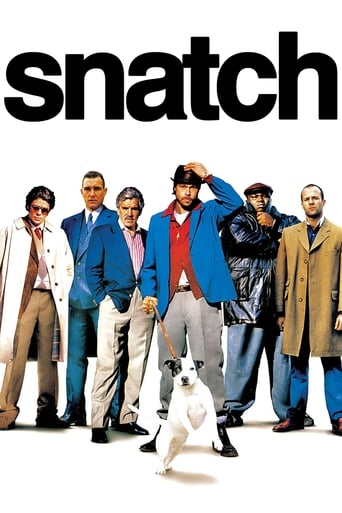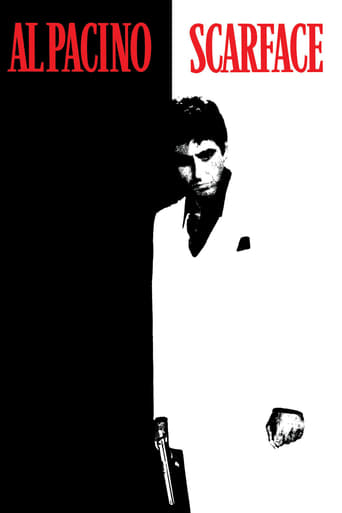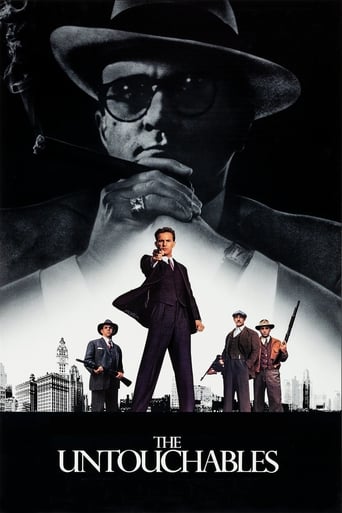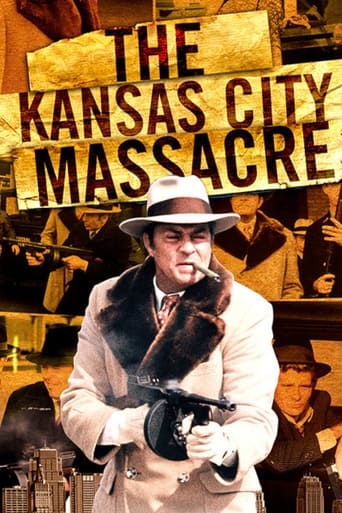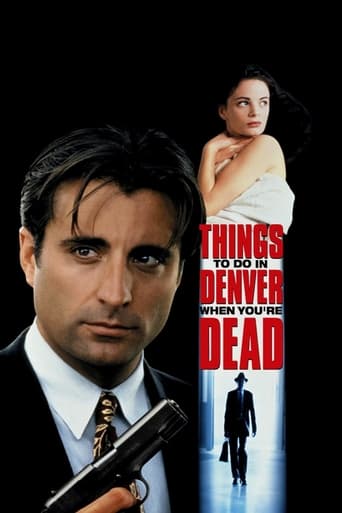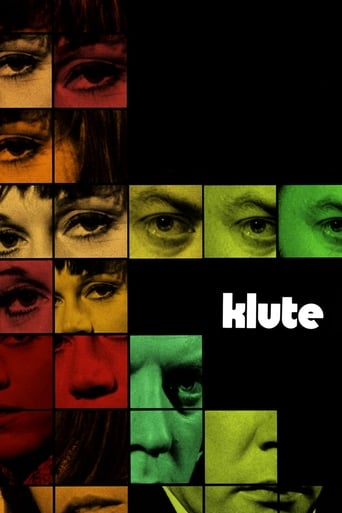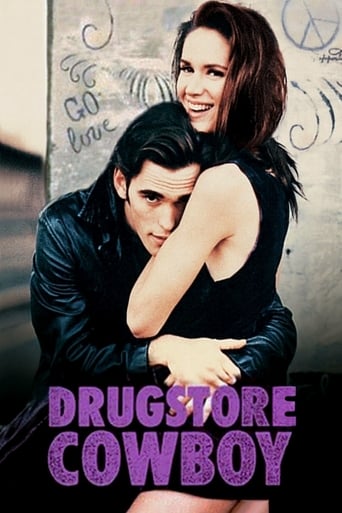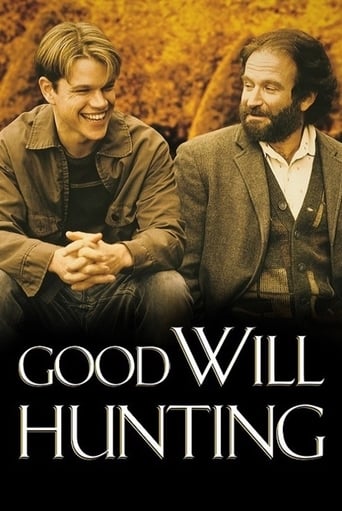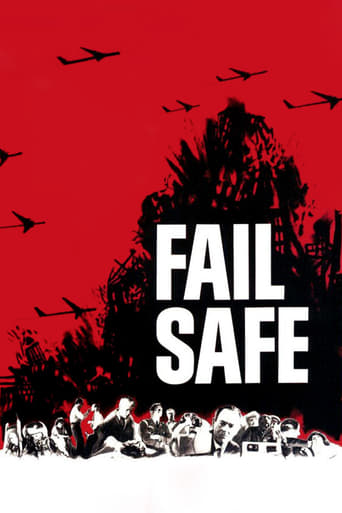The Friends of Eddie Coyle (1973)
An aging hood is about to go back to prison. Hoping to escape his fate, he supplies information on stolen guns to the feds, while simultaneously supplying arms to his bank robbing chums.
Watch Trailer
Free Trial Channels
Cast


Similar titles
Reviews
At first rather annoying in its heavy emphasis on reenactments, this movie ultimately proves fascinating, simply because the complicated, highly dramatic tale it tells still almost defies belief.
Excellent characters with emotional depth. My wife, daughter and granddaughter all enjoyed it...and me, too! Very good movie! You won't be disappointed.
The story, direction, characters, and writing/dialogue is akin to taking a tranquilizer shot to the neck, but everything else was so well done.
Strong acting helps the film overcome an uncertain premise and create characters that hold our attention absolutely.
The Friends of Eddie Coyle is not concerned with silly little gangster fantasies that we are used to seeing on the big screen. When armed criminals rob a bank, it takes just one mistake or wrong move for a trigger to be pulled and for an innocent life to die. Yates knows this, so he does not push any overblown theatrics that might convince the audience that one of the inhabitants will spring from their spot and be the hero - a closeup of indignant eyes, or a twitch of the hands. The robberies are executed with a silent, calculated efficiency that illustrates their experience. The civilians play their own roles with the same obedience, because they also know all these facts. An innocent person of stature is used as a spokesperson for the criminals in order to emphasise the status quo; nothing can be done to prevent the bank from being robed, but no one needs to get hurt. The film is a lean, lean crime story, stripped of even the slightest bit of glamour and glitz that a big city gangster flick would have. If there was a completely unsentimental film this would be it - the action does not serve to thrill the audience, but to underline the desperation and awareness that these characters have hoarded over a career of crime. Boston is shot in all its grey, shabby allure for the lowlife criminals, capturing the utterly unspectacular locations that they frequent: lonely bars, dull diners, crummy parking lots. The women are not blonde bombshells that men would go to the ends of the earth for; when Eddie kisses his plain, frumpy wife in the morning, it is sweet and endearing, and reminds us that many of these lowly crooks have similar loves to come home to. You could pluck any of them out of a crowd. We see this in the final shot as the two melt into the crowd, men who have come together briefly for each other's benefit but would not give up even a dime for each other. The eponymous Eddie is played by the great Robert Mitchum, who brings not only his steely persona but a heap of baggage that further draws subtleties out of his character. Never has he been asked to play such a desperate and resigned man. We expect an actor of Mitchum's stature and repute to play a made man, a powerful man, a man who controls others and who can snap his fingers and have guns fired and men killed, instead of smuggling them. In another film he would be the mob boss, and Mitchum's performance has streaks of this. Eddie is in no position to ever bargain as he buys guns, but he does so anyway, conveying a thinly veiled threat as he tells of a story of those who get what is coming to them, using his classic deep, throaty voice to command our attention and confirm its authenticity. And when he chastises the business practices of his seller, he condescends from a position of years of learned experience and know-how in the trade, and practically growls: "You ever sell guns before?" You can almost hear the implied "boy" at the end of the sentence. But Mitchum also has the ability, with that greatly expressive face of his, to put on the appearance of a honest, loving, family man. Briefly, in small pockets, we see his facade melting, and underneath is a spiritually and emotionally exhausted man who is barely struggling to keep his life in order. All the masculinity and bravado of his trade prevents him from showing too much, so he must be wary. One of his small slip-ups occurs when he makes a house-visit to deliver some guns, and marvels at the modest quality of living that to him, seems like a palace. What a tragic existence he leads. Eddie Coyle has no friends, and even a simple day at the ice rink is laced with underhanded motives and selfish intentions. In this penultimate scene, his great monologue slips back years and envisions a time where his life was still undecided and his actions had not yet been made for him. We understand that this is the weary sign of a man who choose the crooked path a long, long time ago, and has always known when it was going to catch up to him.
The grizzled and tired Eddie Coyle (Mitchum) sits opposite a young man (Keats) at a diner. It's a tableaux we've seen plenty of times before; two people exchanging information back and forth; tit-for- tat. Yet there's something mesmerizing about the two actors on the screen. Maybe it's the fact that both characters are unsure of whether to trust the other. Maybe it's the camera which dances at a distance before listening intently to Coyle's story of his broken knuckles; the reason they call him "fingers". Maybe it's the natural magnetism of the actors. Maybe it's all three.The Friends of Eddie Coyle is full of intimate moments like these, immediately differentiating itself from the exhausting grandeur of The Godfather (1972) and the frenzied mis en scene of The French Connection (1971). It's a crime thriller that lets the audience squirm under the pressure of its paranoia. In the center of the tempest is the distrusting Coyle who slowly realizes he's in a den of snakes.Coyle is only a few days from his sentencing in New Hampshire and expects a two-year sentence for driving a truck full of contraband for a friend (Boyle). In order to avoid a stiff sentence, Coyle deals information to the wily agent Foley (Jordan) while simultaneously buying up guns as a middleman for a group of trusting bank robbers. Young Jackie (Keats) the aforementioned young man is the one Coyle buys from. Who will Coyle fink on? Who will be outed as the stool pigeon in this web of deceit? Will Coyle get his sentence lessened or will he pay the ultimate price for his transgressions.The bank robbers in question (Rocco and Santos) make a habit of kidnapping bank managers and holding their families hostage in exchange for compliance. Within the time frame of the first robbery we as the audience become voyeuristic accomplices peering between tree branches and nervous POV shots. These early scenes set the tone making everything from Keat's open air sub-machine gun purchase to Coyle's quaint New England kitchen seem claustrophobic. As the film progresses and the fates of all involved becomes crystallized, we're invited rather glumly to watch Eddie's world come crashing down. Despite its outlook and subject matter, Friend of Eddie Coyle is neither overtly violent or cynical. The story never treats our protagonist as a criminal or a stoolie but rather as a last vestige for a dying way of life. Due partially to harsh lessons in the past, he takes pride and pays attention to the details of his work. The results of his years of overextending himself in the service of an unseen master allowed him a bourgeois existence on par with any working- class stiff. With that existence threatened, he tries everything within his power to keep it, to no avail.Many have cited Friends of Eddie Coyle as Robert Mitchum's strongest performance. While I personally would give that distinction to the downright scary Harry Powell in The Night of the Hunter (1955), there's no denying his performance is the stalwart center of a story populated with opportunistic scoundrels. One would argue Mitchum was among the last of the Golden-Age Hollywood screen legends and his prestige created in aura of dignity around the character.The last scene of the film involves Peter Boyle's Dillon character and Foley callously talking about transpiring events. It's worth noting in preparation for the role, Mitchum had pursued a meeting with Irish Mob boss Whitey Bulger. The character Eddie was loosely based on one of Bulger's old associates, Billy O'Brien whose murder was never solved. Could Bulger have something to do with it? After all, in 1997 it was discovered that Bulger had in-fact acted as an FBI informant against the Patriarca crime Family. Without giving too much away, Bulger's relationship with the FBI has parallels to the events in the film. A sad case of fiction imitating truth.
Being fed up with the noisy expensive and ultimately empty blockbusters I've been watching recently what better than taking a trip back a few decades to a time when America made bloody decent films ? And the 1970s was a zenith of American film making . Too many classic movies to name or else I'd get through the one thousand word limit without naming half of them . THE FRIENDS OF EDDIE COYLE is not a title that springs to immediate attention when we're discussing great Hollywood movies from the 70s but for a forgotten crime drama where not much happens it is very compelling . It also has a supporting character called Jackie Brown so guess what modern day director loves this type of movie ? The late 1960s saw the birth of what became known as "New Hollywood" with BONNIE AND CLYDE often being quoted as the film that started the movement . New Hollywood had strong influences from the French New Wave of the 1950s which in turn was influenced by classic Hollywood especially the Warner Brothers studio best known for their gangster films . What New Hollywood and French New Wave did very well was bring a recognisable amorality to the storytelling . You might not agree with the characters motives but you can certainly understand where they're coming from . A middle aged man Eddie "Fingers" Coyle involved with the Boston mob finds himself facing jail time and if he comes up with useful information for the local police department so what's he going to do ? That's the premise of THE FRIENDS OF EDDIE COYLE . Eddie is played by Robert Mitchum and yet the star name is mainly missing for the bulk of the story and the narrative branches out in to several other characters story . There's Jackie the gun runner who is setting up an arms deal involving a couple of unlikely bank robbers . There's Jimmy Scalise who leads a crew that robs banks . There's Dave Foley a Boston detective who's trying to put a lid on crime in the city and uses people in a completely disposable way to get results and perhaps most memorable of all there is Dillon played by Peter Boyle who is a mob hit man but will do anything to survive inside or outside of the law . One thing New Wave and New Hollywood shared in common was that it didn't use star appeal in order to sell a movie hence Mitchum is used sparingly and it's Boyle who steals the movie . Another thing New Wave and New Hollywood shared was naturalistic performances . There's nothing showey , no "Hey look at me and what a fantastic theatrical performance I'm giving here" Everything is understated , the acting , the camera work and the editing . It might be rather talkative for some tastes and has a fairly low body count but despite being over 40 years old this remains one of the best films I've watched recently . . It also shows crime doesn't pay and there's no honour amongst thieves . Now that's a message you can't repeat often enough
This could be called one of the great neo-noirs of the 1970s. This will prove to be a strange opening sentence for this review as I will devote most of it to discussing why I don't think this film is really a "noir"at all. Noir- for all of its "grit"- is a romantic genre. The Noir anti-hero commits, in one way or another, a transgression in order to achieve transcendent love and passion, the hope of realizing the sublime. The noir protagonist is, then, truly an "anti-hero," or even "tragic hero." He has the potential for greatness, for sublimity, but this fate, by its very potential, is derailed due to some "tragic flaw" that is part and partial of the character's potential for greatness. Eddie Coyle, the ubiquitous main character and a small-time Boston gun-runner, has no potential for greatness. Judged simply by his actions, he's just a scum-bag in a world of scum-bags. That we come to both care for him and accept his fate with an almost cynical (in the classical Greek sense) acceptance is a major reason why this is such a great, and I think unique, work. It's greatness comes, if we want to get auteur-istic about it, not from the director or writer, but from the star, Robert Mitchum. Mitchum has long been amongst my favorite Hollywood performers, but I never knew he was capable of a performance like this. Few ever have been. Without the "showiness" of most celebrated Hollywood actors- say late period Dustin Hoffman or Jamie Foxx- Mitchum invents Coyle. He invents him more than the writer. This is a (rare in film) example of the performer as "auteur". If almost any other actor had played Coyle- as written- I think he could have come off as such a worthless slime-ball that most would be tempted to ask "why am I watching a movie about this pathetic, boring loser?" But Mitchum instills in Coyle a capacity for observance- for something akin to, though not identical with, empathy. He is, as Mitchum embodies him, someone who has suffered for his courage (which should not, in this case, be equated with honor) enough that he sees the fear and suffering in others, and he knows how to use it. But ultimately, he just doesn't want himself to suffer that much again. In this way, Mitchum makes Coyle almost a tragic, though not "noir"-ish(!)- figure, and this film one of profound pessimism. Coyle is humanity. In daring to face reality, he learns its horrific nature, and will do anything to escape it. But once understood, the real is the only real. We are trapped. Another note, the film has a brilliant sense of place. It captures not only Boston, but low-life New England in general, perfectly. I lived in the New England states for much of my teens and twenties. For me it was, especially in those months known for "Fall foliage!", a landscape of death and decay, though some claim to find it beautiful. This film transported me from Cali back to that wintry slum. I both admire it and resent it for this.

